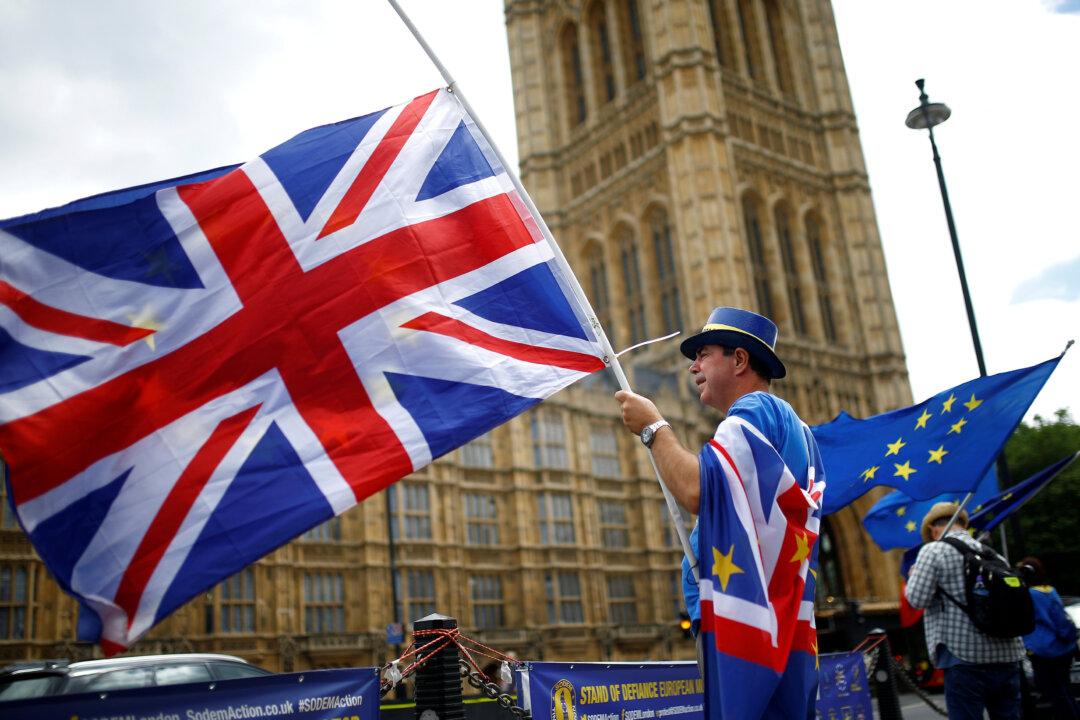LONDON—An independent peoples’ tribunal is examining evidence claiming to show that the Chinese state is targeting innocent prisoners of conscience and forcibly carving out their internal organs for transplants and profit.
Three days of public hearings began on Dec. 8 in the heart of London’s legal district, in which witnesses from across the globe gave their testimonies on the disturbing practice of forced organ harvesting.




